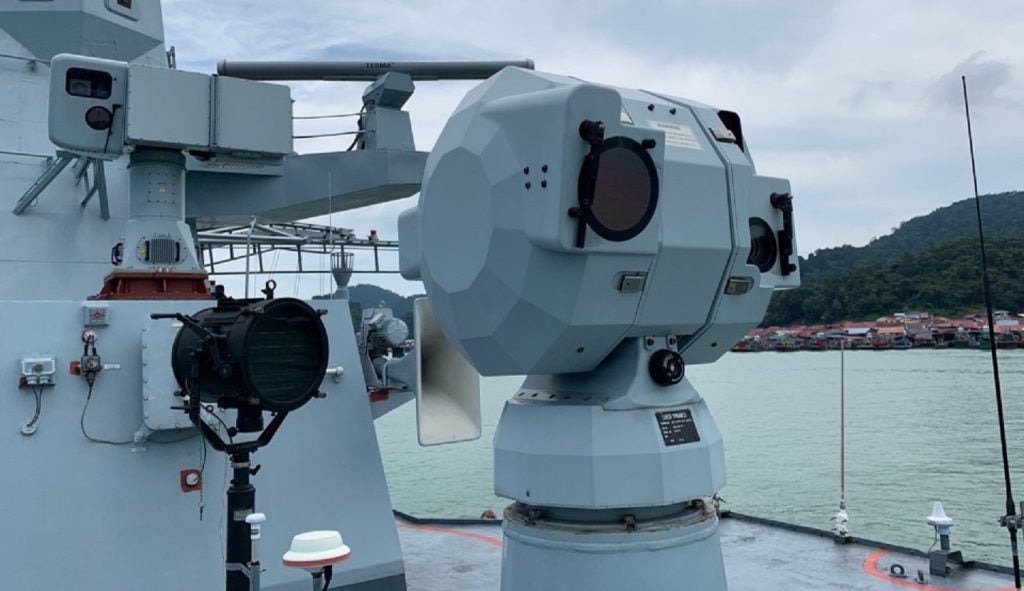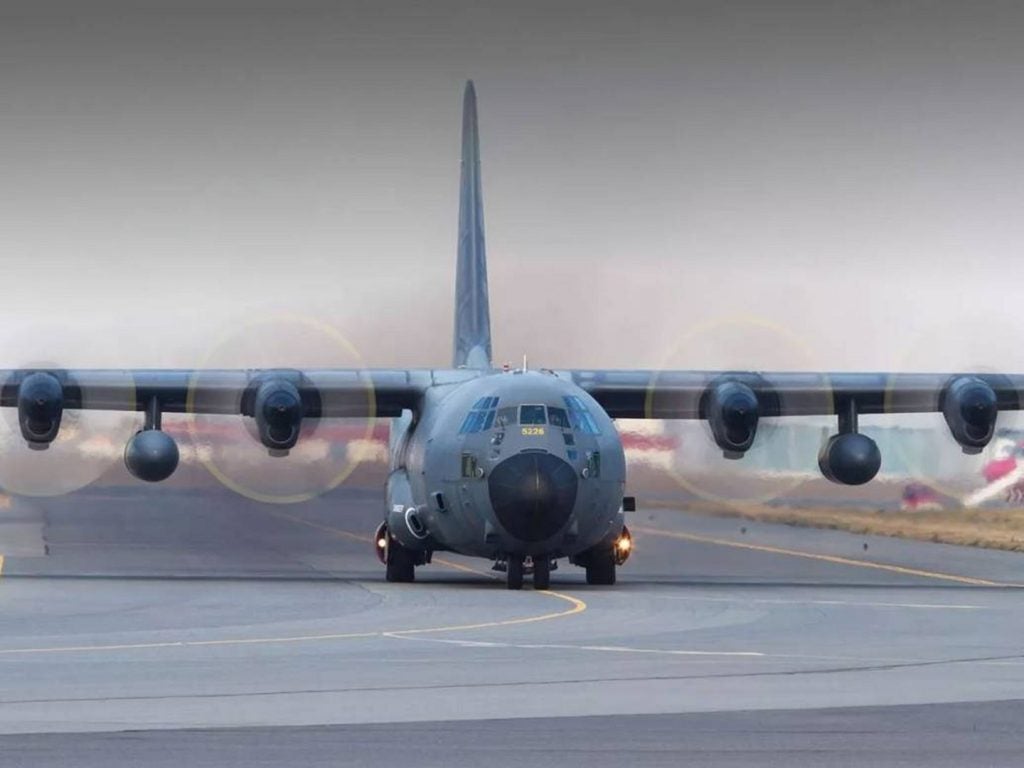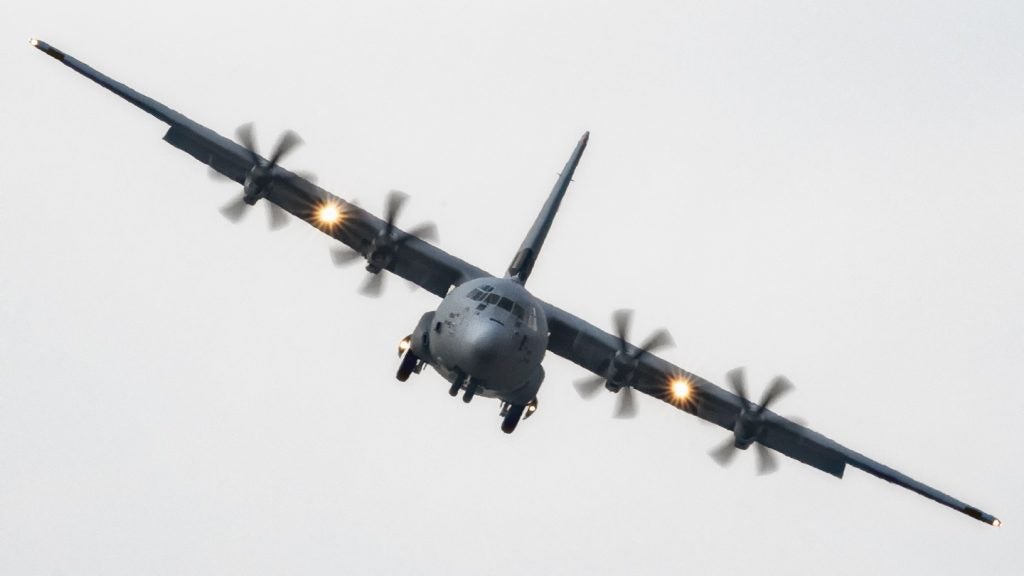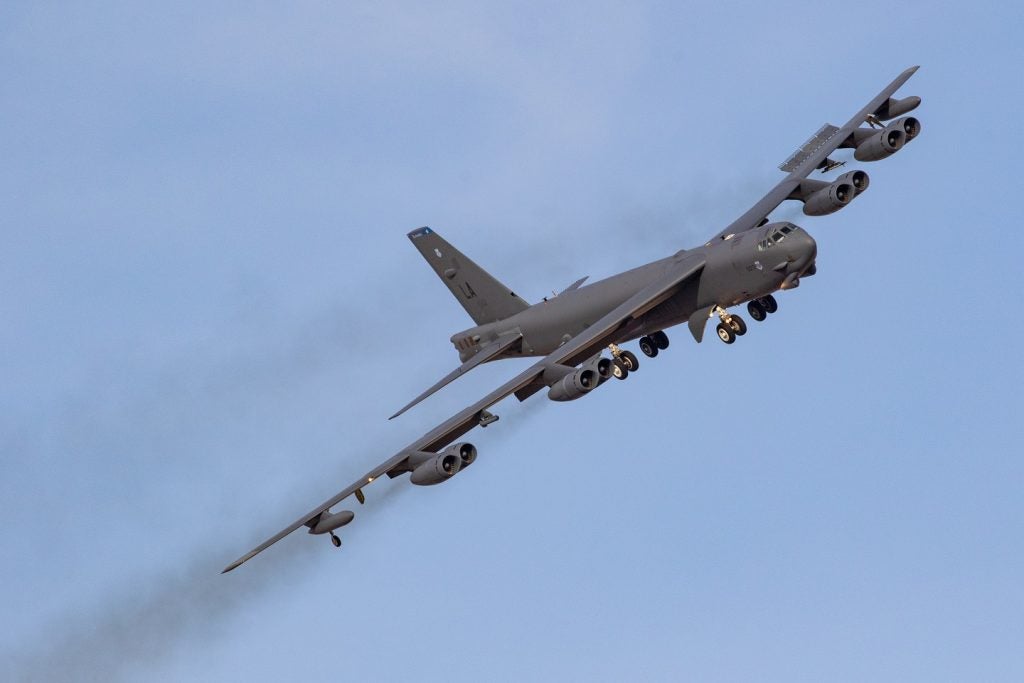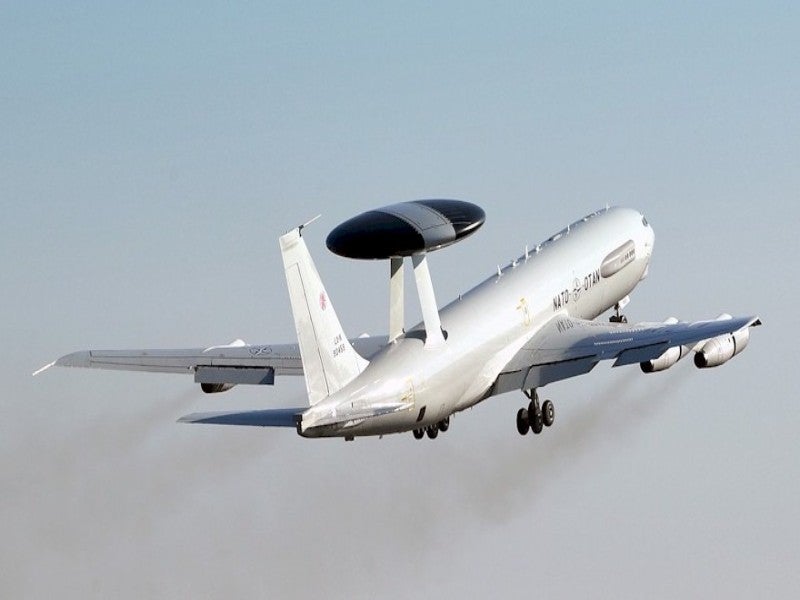
Two days after the EU sanctioned seven individuals in Moldova for Kremlin-backed destabilising activities within the country, Nato surveillance aircraft will police the skies over the former soviet state, today, 1 June, as European leaders gather at the European Political Community summit held within the nation, at a location 21km from the Ukrainian border, and 8km from Transnistria, an unrecognised Russian-backed separatist enclave.
Amidst Russia’s ongoing military conflict in Ukraine, NATO has increased its air presence in the eastern region of Europe. This move has involved the deployment of extra fighter aircraft, surveillance aircraft, and tankers.
Regular patrols are conducted by Airborne Warning and Control System (AWACS) aircraft over eastern Europe and the Baltic Sea region in order to monitor Russian warplanes in close proximity to Nato borders. Nato currently possesses a fleet of fourteen AWACS aircraft, all of which have been retrofitted from Boeing 707 models. At an altitude of approximately 10km, a solitary AWACS has the capacity to survey the airspace within a 400km radius.
In 2019, Nato signed a deal with Boeing for a $1bn modernisation of its Airborne Warning and Control System (AWACS) fleet, that was previously capable of operating for eight hours and surveilling an area of around 120,000 square miles. At the time, Nato secretary-general Jens Stoltenberg said that the alliance was looking to replace the aging E-3A AWACS aircraft “in the future, so after 2035.”
“Nato AWACS can detect aircraft, missiles and drones hundreds of kilometres away, making them an important early warning capability”, said Nato Spokesperson Oana Lungescu, in a release prepared for the European Political Community summit, adding that “Moldova is a close and long-standing partner to NATO.”
Since gaining EU candidate status in June 2022, Moldova has been subject to increased efforts orchestrated by the Kremlin to destabilise the country, according to a release from the European Council announcing sanctions on seven individuals in Moldova on Tuesday, 30 May.
How well do you really know your competitors?
Access the most comprehensive Company Profiles on the market, powered by GlobalData. Save hours of research. Gain competitive edge.

Thank you!
Your download email will arrive shortly
Not ready to buy yet? Download a free sample
We are confident about the unique quality of our Company Profiles. However, we want you to make the most beneficial decision for your business, so we offer a free sample that you can download by submitting the below form
By GlobalDataThe sanctions were against politicians and businessmen with Moldovan or Russian nationality that have “engaged in destabilising activity”, including the planning of violent demonstrations and support for Russian Federal Security Service projects. All individuals were subject to an asset freeze and a travel ban preventing them entering or transiting through European countries.
“Moldova is one of the countries most affected by the fallout of Russia’s illegal invasion of Ukraine. There are serious, increased and continued attempts to destabilise the country,” said Josep Borrell, High Representative of the European Union for Foreign Affairs and Security Policy.
“Today’s listings send an important political signal of the EU’s support to Moldova in the current difficult context. The EU’s stance remains firm: we will continue to crack down on those who destabilise our direct neighbourhood.”
On the same day, the European Council decided to nearly double the amount of macro-financial assistance to Moldova, lifting the package to €295m ($315m), from the €150m ($161m) agreed in April 2022, in conjunction with the IMF program. The assistance to Moldova is in response to a number of adverse effects resulting from Russia’s war in Ukraine, as the Moldovan economy has been significantly impacted by the aggression.



